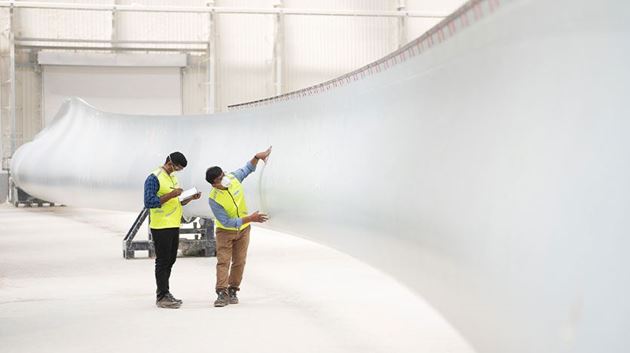
Anxiety getting the better of you? Let’s reverse this
Madrid / 4 July 2022
Feeling of dread. Tightness of chest. Heavy breathing. These are just some of the ways anxiety manifests. Some amount of anxiety is considered normal, helpful even. Concern arises when the feeling persists and ends up interfering with daily life, including at the workplace. When left unchecked, anxiety can impair productivity, cause absenteeism, and affect relationships with colleagues and supervisors.
At Siemens Gamesa, we believe in breaking down the stigma around mental health by encouraging open and honest conversations. Health, whether physical or mental, is a priority. In April 2021, we instituted the SGRE Mental Health Scientific Advisory Board comprising experts recognized in the academic world. The idea was for the company to garner adequate scientific support to promote mental health care at the workplace.
The pandemic has only heightened the urgency of tackling anxiety. Data released by the WHO reveals that in the first year of the COVID-19, global prevalence of anxiety and depression increased by a massive 25 per cent. According to experts, problems at work can aggravate pre-existing conditions or bring on symptoms.
Over the past year, the company has rolled out various programs to improve collaboration, well-being and performance of our employees. For instance, 'Back to Better' was the first step of this process that provided a platform for discussing the difficulties employees may face returning to work. Another significant step was to launch the Perceived Stress Survey (PSS) to measure the stress and anxiety levels in our workforce.


While we, as a company, understand our responsibility towards addressing anxiety at the workplace, you have to be open to the idea of seeking professional help if you detect an anxiety disorder in yourself. Entrusting a specialist to know how to assess your case in a personalized way can make a huge difference.



